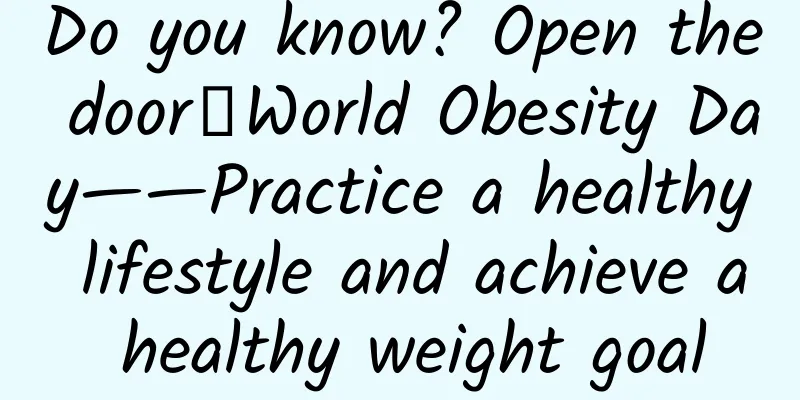Is it dangerous to have a baby at 38?

|
A woman who gives birth at the age of 38 is considered a high-risk mother. Compared with younger pregnant women, the risk is very high, and many complications are likely to occur during pregnancy. The probability of fetal malformations or abnormalities will also increase significantly. Therefore, giving birth at the age of 38 needs to be considered carefully. In fact, under normal circumstances, it is not recommended for high-age women to give birth, as there are many complications during the delivery process. What are the risks of giving birth to a child at an advanced age? 1. Prone to depression Studies have shown that older mothers are more likely to suffer from depression, especially those who are emotionally unstable. After suffering from depression, the mildest symptoms are emotional instability and irritability. In severe cases, there may be suicidal tendencies. 2. Difficulty getting pregnant As we age, the functions of our body are very different from when we were young. Reproductive capacity also gradually declines. If older women want to have children, it will be more difficult for them to get pregnant. 3. Prone to miscarriage The fertility of older mothers is not as good as when they were young. In addition to the gradual decline in fertility, their immunity is also not as good as when they were young, so their resistance to disease will also decrease, which will increase the risk of childbirth. 4. Fetal malformation Older mothers are more likely to give birth to deformed babies because the older they are, the fewer eggs they have. Not only that, the quality of egg cells will gradually decline, and the probability of fetal malformations will increase. 5. More dangerous during production Older mothers are older and their pelvic joints are relatively stiff, so the birth canal is not easy to expand during delivery. In this case, the probability of heavy bleeding or difficult labor will be higher. Once such a situation occurs, it will not only be harmful to the mother, but also to the fetus. 6. Increased complications and comorbidities When older mothers give birth, the child may make their existing illnesses worse. At the same time, it may cause more comorbidities and complications. 7. Fetal distress During childbirth, the ischium, pubic bones, etc. of older mothers will become harder as they age, making childbirth more difficult. It may cause fetal distress, which may cause brain damage to the fetus in mild cases and may be fatal in severe cases. 8. Slow recovery after childbirth After giving birth, older mothers will experience a slow recovery in terms of skin and other aspects of their body. The difficulty coefficient of physical recovery is relatively high. |
<<: Is episiotomy necessary for childbirth?
>>: Six hormones: prolactin is high
Recommend
Why do women have frequent and urgent urination?
Urinary urgency and frequent urination are very c...
What should you pay attention to after the hymen ruptures
In ancient times, the hymen was a proof of female...
8 weeks of pregnancy with embryo but no fetal heartbeat
Every pregnant woman is very afraid of the proble...
Is the Lesser Heat the beginning of the dog days? What should we eat to maintain our health during the Lesser Heat?
On July 7 or 8 of the Gregorian calendar, the sun...
What are the symptoms of hypoxia in babies during pregnancy?
Pregnancy is a special period for women. Women ne...
What if you don't want children?
If you don't want a child, you must use contr...
White sharp wet picture
Genital warts are a disease that is highly transm...
What is the hcg value of hydatidiform mole blood
If pregnant mothers experience severe morning sic...
Which is better, an electric water heater or a gas water heater? What accessories are needed to install a gas water heater?
A gas water heater, also known as a gas water hea...
Nine weeks fetal heart rate
The fetal heart rate is much faster than that of ...
What are the benefits of drinking black sesame paste for pregnant women
Black sesame paste is not only a favorite daily f...
What kind of rice is used in rice tea? Can rice tea be drunk with milk?
Rice tea is named after the saying "it can f...
Dietary considerations for patients with breast hyperplasia
In recent years, the incidence of diseases such a...
What are the symptoms of moisture discharge in women's bodies?
I believe everyone is familiar with dampness. Man...









